Statistics show us that the numbers of homeless in New York City have reached the highest levels since the Great Depression of the 1930s
That's clearly a crisis, but it's a crisis that our city authorities can seemingly live with.
In February 2019, there were 63,615 homeless people, including 15,344 homeless families with 22,717 homeless children, sleeping each night in the New York City shelter system.
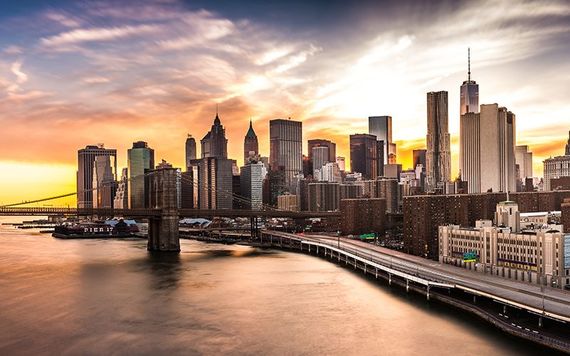
But our silence is shameful. We Irish certainly know all about what happens when the powerful and the deep pocketed commandeer land and displace the people who originally lived there. It's possible to look at the last few centuries of Irish history as a form of vulture capitalism at its absolute worst, after all.
We just never thought to see our own government help facilitate these aggressive overseas property investments in our homeland, offering favorable tax levels to foreign speculators and then looking the other way as these investment funds buy up buildings and housing estates in our Irish towns and cities.
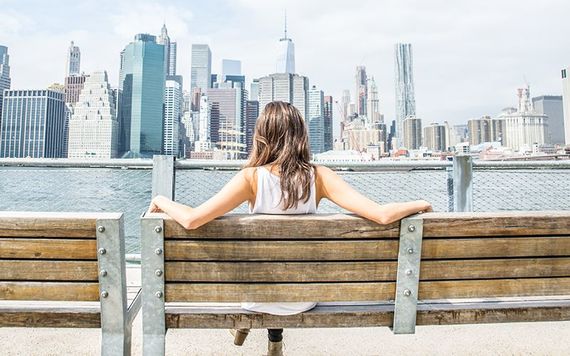
Did you know that 87 percent of the wealth of Ireland comes from property, houses and land? And do you know at what rate we actually tax it annually? That's an easy answer: just one per cent of the national tax take comes from property.
By keeping those property tax figures so low our government is forced to look elsewhere, consequently we tax Irish wages 40 times more heavily than property, which means that the average Irish worker is penalized for making a contribution by working and effort, whilst minted property owners are subsidized for doing nothing but watch their property prices explode.
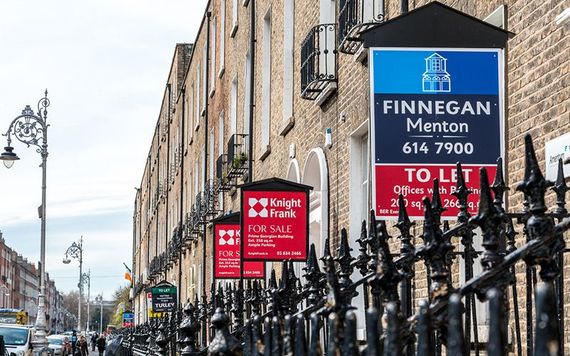
So that's a tall order of anxiety for the many and peace and security for the few. We don't talk enough about what these asymmetrical tax charges do to Irish society, or the deep divisions that they create, where the people who actually contribute the least reap most of the benefits.
Young Irish workers are not simply being disproportionally taxed for their efforts, they're struggling in place whilst those who are far more fortunate can pair their nails and perhaps throw them patronizing smiles?
It's sobering to see what this 21 century unfettered American style investment capitalism with its wildly disproportionate tax laws is doing to Irish society and to our sense of ourselves, but exploding New York style homelessness on our Dublin streets is giving us a bitter foretaste.
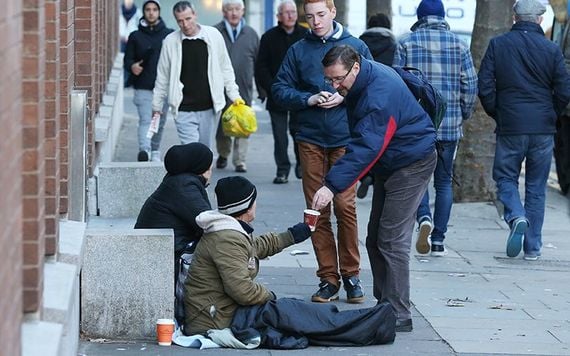
These figures do not even account for people sleeping rough, people couch surfing, homeless people in hospitals and prisons, or those in direct provision centers, or people being housed in domestic violence refuges.
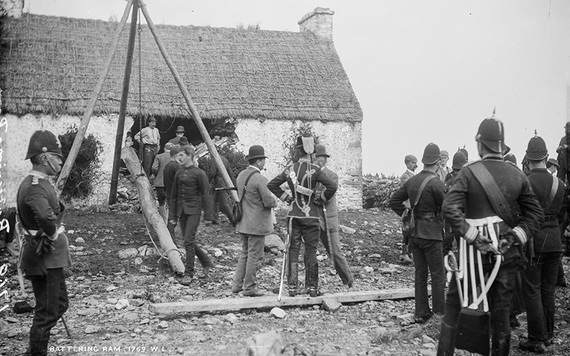
In the past when colonialism came to Ireland it was wearing red coats and pointing rifles and it was easy to spot. Back then we clearly understood who was putting Irish families out on the road in the middle of winter with only the coats on our backs.
A new streamlined colonialism is back in Ireland again wearing a new somewhat subdued disguise for a new century, but the displacement it's creating is as real as it was in the past.




Comments